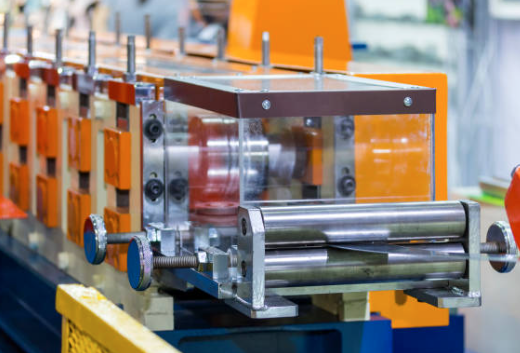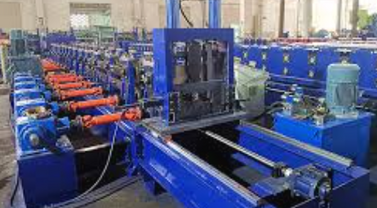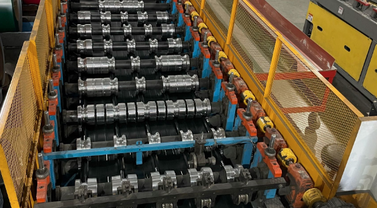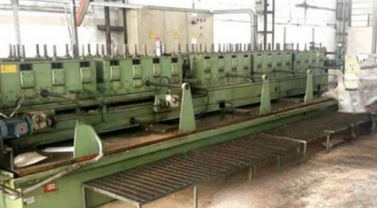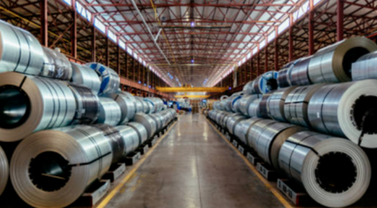When contractors invest in a custom roll forming machine, the decision can significantly impact their operations and bottom line. A custom solution is often ideal for businesses with unique production needs or long-term goals of scalability. Here's a checklist to guide contractors through the key considerations when selecting a custom roll forming machine.
1. Material Compatibility
- Material Types: Ensure the machine can handle the materials you work with, such as aluminum, steel, or copper.
- Gauge Range: Verify the machine's capability to process varying thicknesses (gauge) of metal based on your project requirements.
- Coating and Finishes: Consider if your projects involve pre-coated or finished materials that may require special handling to avoid scratches or damage.
2. Profile Versatility
- Current Profiles: Identify the profiles you need for your current operations, such as trapezoidal, corrugated, or PBR panels.
- Future Profiles: Consider potential future projects that might require additional profiles to ensure the machine can accommodate expansion with add-on tooling.
3. Output Capacity
- Production Speed: Look for machines that match your required production output, ensuring it can meet your deadlines without compromising quality.
- Automation Options: Consider whether automation will improve efficiency and reduce labor costs by offering seamless, continuous production.
- Batch vs. Continuous Production: Decide if you need batch production for custom projects or continuous output for large-scale projects.
4. Customization Options
- Tooling Flexibility: Confirm that the machine can accommodate custom tooling for your unique specifications.
- Adjustability: Evaluate how easy it is to adjust the machine for different profiles, dimensions, or materials.
- Punching and Cutting Features: Check if additional features like in-line punching or cutting are necessary for your production needs.
5. Durability and Maintenance
- Build Quality: Invest in a machine made from high-quality materials that can withstand long-term use without frequent breakdowns.
- Maintenance Requirements: Understand the machine's maintenance needs to avoid costly downtime and ensure smooth operations.
- Spare Parts Availability: Ensure parts are easily available and consider local support options for repairs and maintenance.
6. Energy Efficiency
- Power Consumption: Look for energy-efficient models that minimize operational costs, especially for long production runs.
- Sustainability Considerations: Check if the machine's design and operations align with your sustainability goals, such as reduced material waste or energy consumption.
7. Future Expansion
- Scalability: Choose a machine with the potential for future upgrades, such as additional profile capabilities or increased production speed.
- Software Integration: Opt for machines that can integrate with modern production management software to streamline operations and allow for future technology advancements.
- Space Requirements: Make sure the machine can fit within your facility, and plan for future expansion in both floor space and operational capacity.
8. Total Cost of Ownership
- Initial Investment vs. Long-Term Savings: Weigh the upfront cost against the long-term savings from increased productivity, automation, and reduced waste.
- Return on Investment (ROI): Calculate the expected ROI based on increased output, labor savings, and potential new business opportunities enabled by the custom machine.
9. Technical Support and Training
- Supplier Support: Ensure the supplier offers strong after-sales support, including technical assistance, warranties, and repair services.
- Training: Verify that comprehensive training is provided for your team to maximize the machine's potential.
By carefully considering each of these factors, contractors can make an informed decision when investing in a custom roll forming machine that will align with their current needs and future growth.
